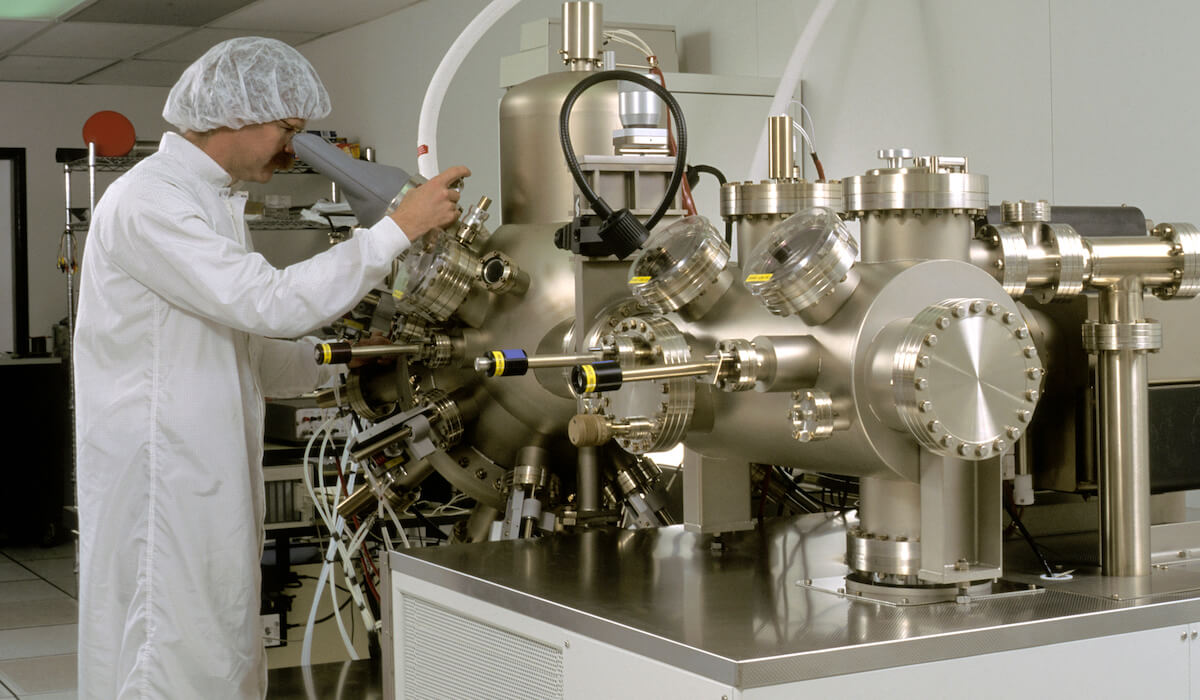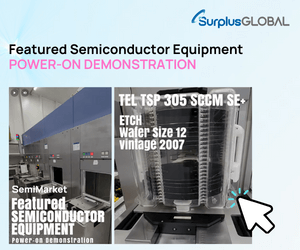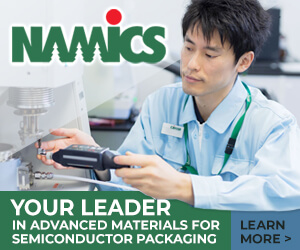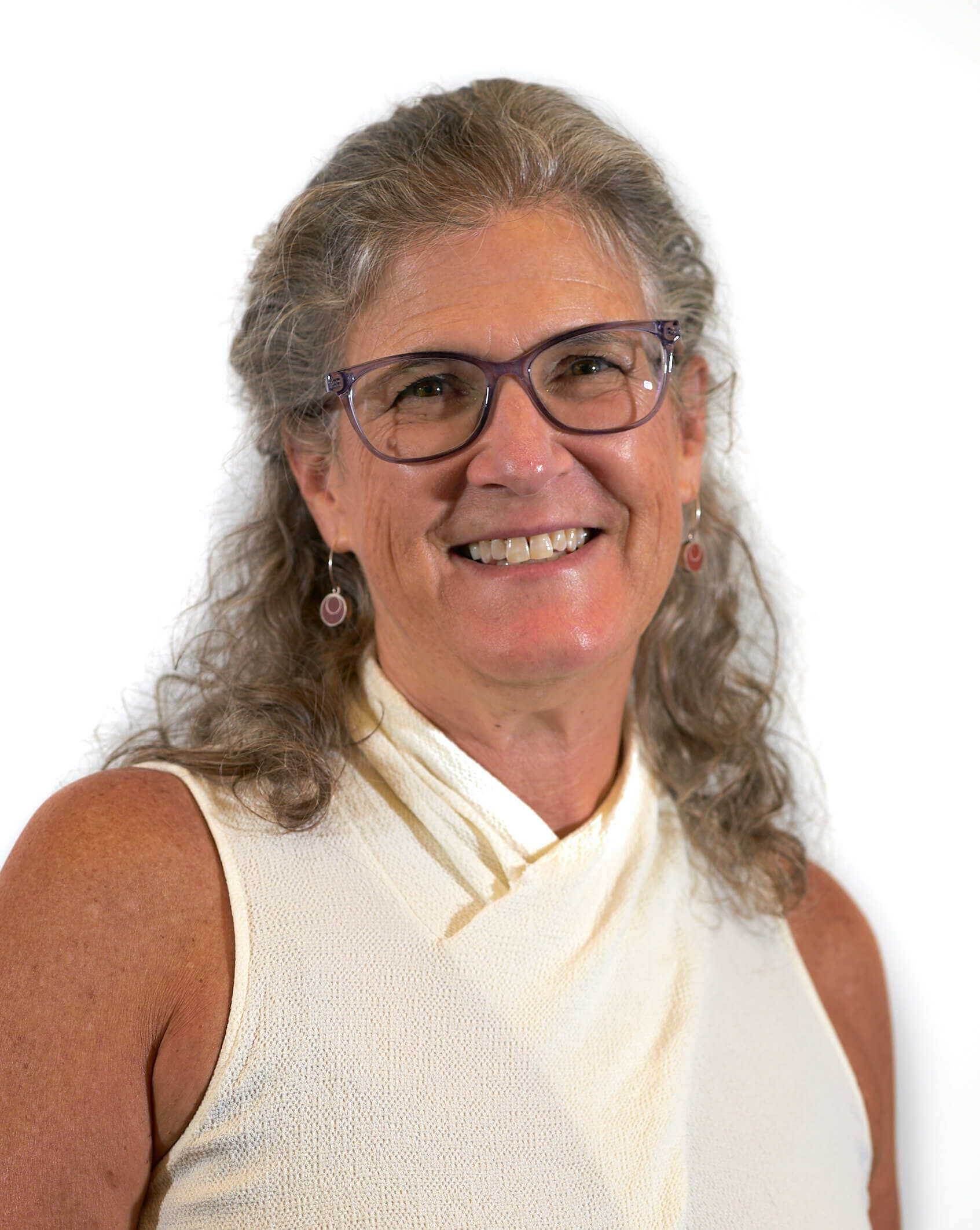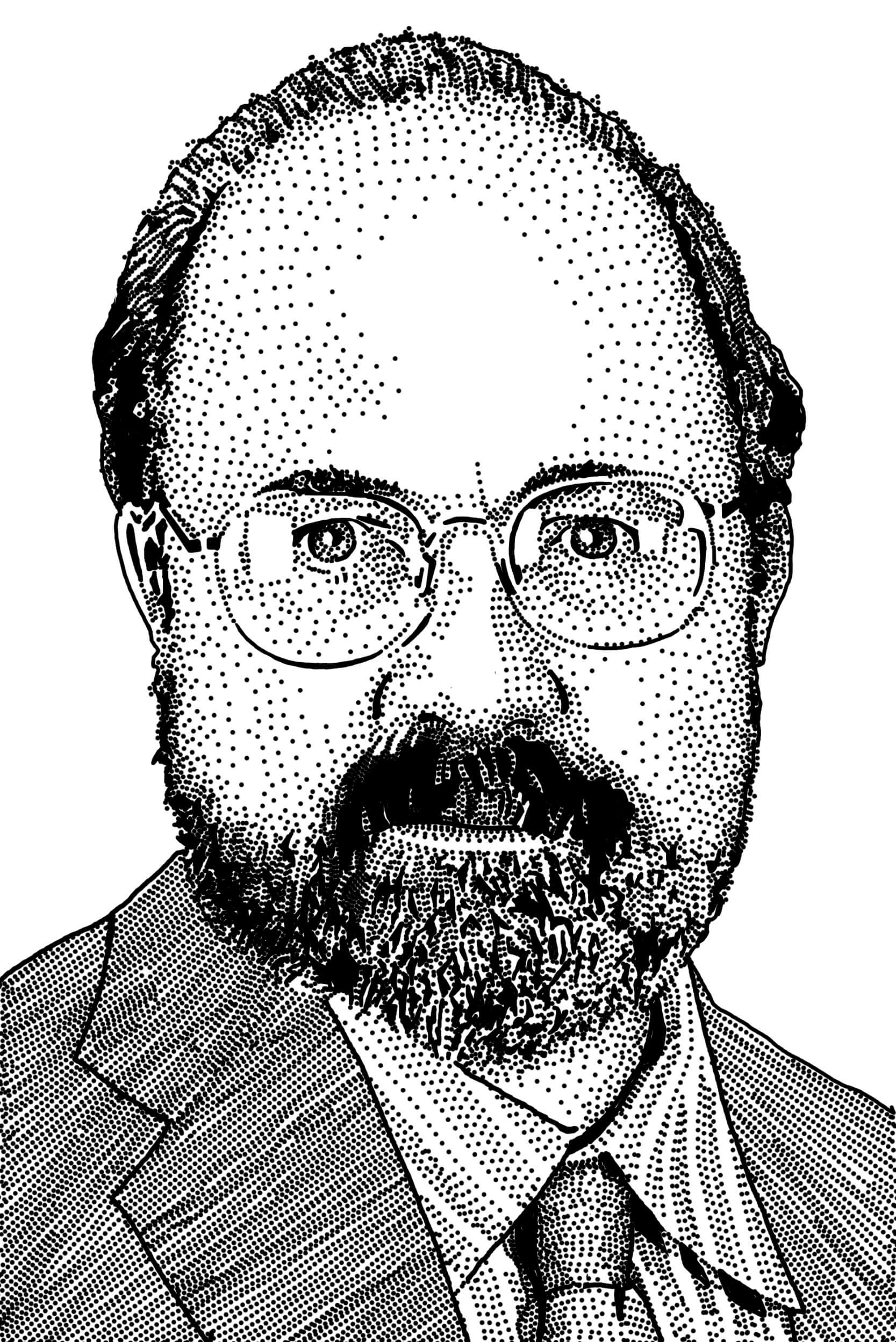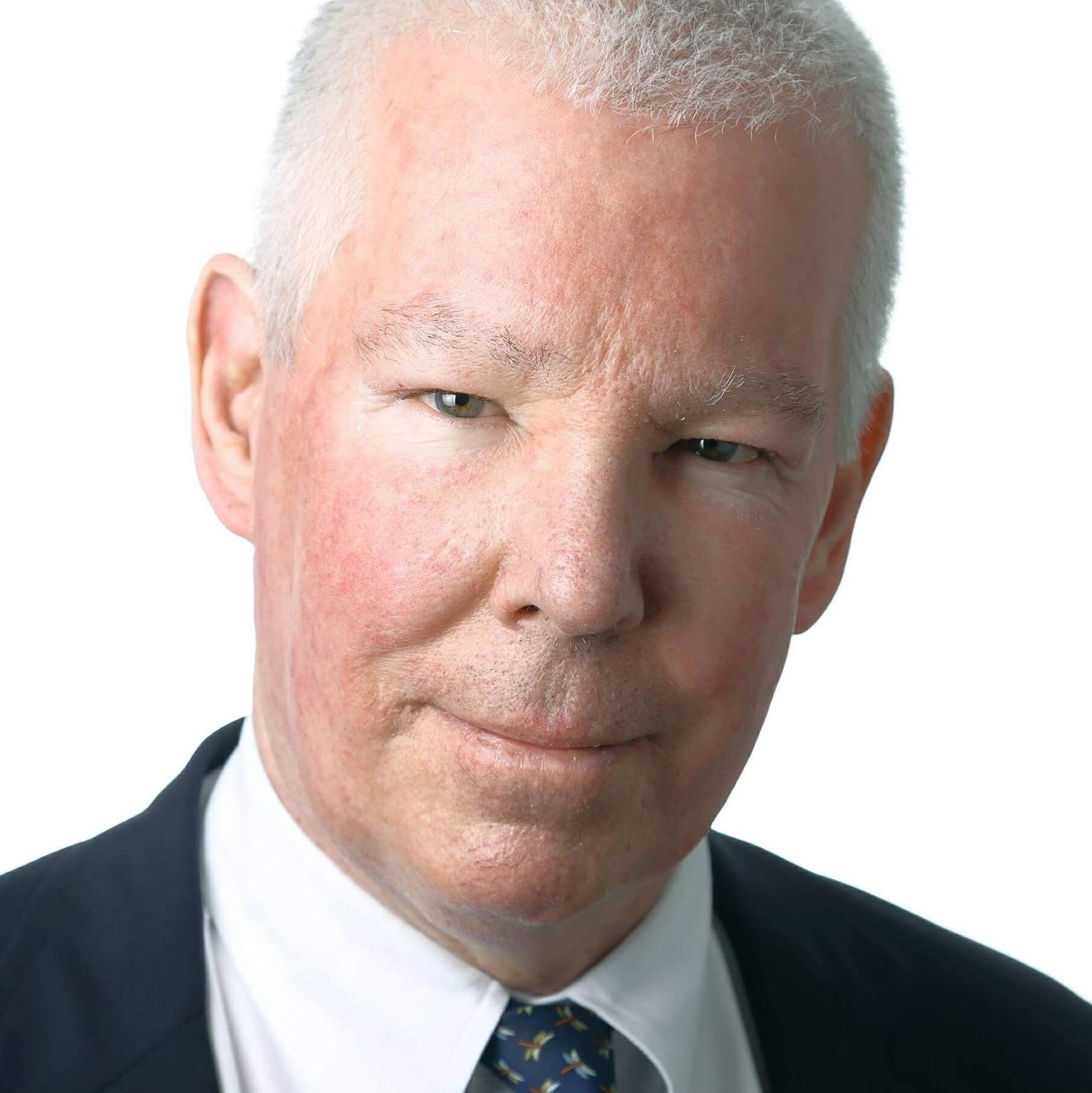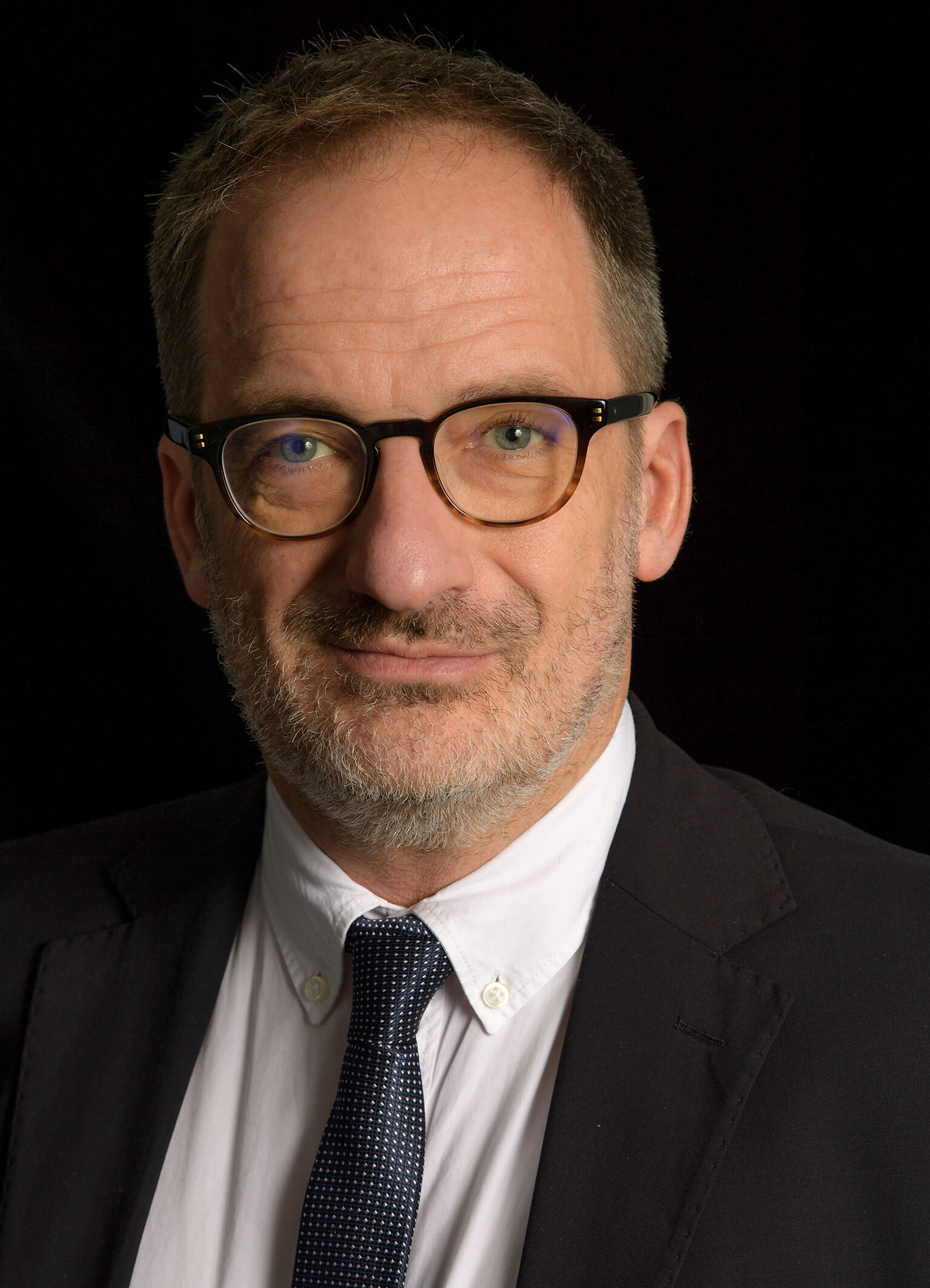Electronics field service, or the traveling equipment engineer, has long been a key pillar of success for semiconductor equipment companies. In the Dark ages (35 years ago) of the semiconductor and device packaging industries, field service was primarily centralized at the equipment company’s facility. There was a small in-country team in the field or at the customer site. However, when a new piece of equipment was sent into the field, a small army of field service and field process engineers accompanied the system to help install, train the local staff and clients engineers, and dial in or develop the process all on-site at the customer facility. If an abnormal service or process deviation occurred, additional personnel from the factory typically traveled to repair the system.
This was essentially part of doing business and in most cases the equipment company paid for the services the equipment engineer performed. The exception was when a system was out of warranty. Depending upon the problem, the client’s engineers or the local equipment staff handled the problem, and the client was charged for the service. If the problem escalated, a factory team typically traveled to solve the problem.
Electronics Field Service has Grown into a Business
Today the electronics field service component to fabs and packaging houses is big business. In 2019, Applied Materials’ AGS group, accounted for nearly 30% of AMAT’s annual revenues. Lam Research reported numbers in a similar range (note this does include refurbished equipment sales), and KLA’s 2019 services business accounted for approximately 25% of annual revenues.
Fabs and outsourced semiconductor assembly and test service (OSATS) providers can pay to have engineers on-site to keep the equipment running at peak performance. In some cases, the service contract has yield and uptime clauses. In other situations, the fab or OSATS in-house engineers manage the day-to-day service and performance of the machine, and the local service team handles major excursions as needed.
COVID-19 Impacts
With COVID-19, international travel to the fabs was essentially halted or delayed as quarantine periods of up to two weeks were required, and travel logistics became more difficult. With the re-opening up of the economies and semiconductor companies driving towards 5nm and chiplets both in the fab and at the packaging houses, will there be changes to the field service model, or has the model evolved enough over time that there will only need to be minor changes to meet the customer demand moving forward?
On the past quarters’ conference calls by TSMC, Samsung, ASML, and Lam Research the question of any slowing or delay of the 5nm ramp was asked by the analysts on the calls. While the focus was on 5nm, there are multiple technologies in fab and packaging startup ongoing at the moment, so the potential for the delay could impact both the packaging houses as well as the fabs. Fab spokespeople agreed that they do not foresee problems, but later in the news there were reports that Samsung is delaying 5nm. Lam representatives reported some supply chain issues in the first quarter due to shutdowns that made it difficult to ship the entire system to the intended site but said that otherwise due to their large in-country service teams, there were no major issues.
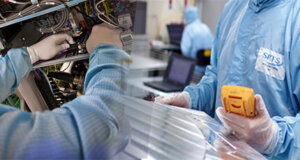
In an interview with Gerry Kelly of SPTS Technologies, he said that installations had gone according to plan during the first quarter in the Asia Pacific region due to training and experience of the SPTS in-country service teams. Kelly added that similarly for KLA, SPTS’s parent company, the services business remained robust with installations carried out as planned, albeit with careful scheduling to account for varying travel restrictions and quarantine requirements.
But what does the future look like and will the equipment companies and electronic manufacturers need to make changes as a result of COVID-19?
Quarantines will remain in place for the time being and factories and equipment companies must figure in the timing into their schedule and costs, as evidenced by ASML quarantining EUV startup engineers before they are able to proceed to work at TSMC.
In today’s electronics field service operations, most equipment companies have a large well-trained staff in-country that can manage both installation and ensuing service problems. In many cases, the new processes and equipment spin-offs of those processes are developed primarily in the customers’ fabs. This onsite experience as well as well managed inhouse training and knowledge transfer will enable field teams to manage the majority of the service and installation challenges with minimal factory assistance.
Two of the companies queried for this blog mentioned that they are taking this time to re-evaluate how they measure and manage the quality of the service they are providing to their customers but did not wish to comment further. SPTS reevaluates key KPI’s and metrics to ensure they are implementing the optimum processes and procedures for service operations. Kelly pointed out that improving service to the clients is an ongoing evolving process that continues to be key to SPTS’s success.
AR/VR May Hold the Key
Smart glasses with AR/VR have emerged as one possibility for replacing onsite experience, with one engineer managing the smart glasses at the customer site, and a specialist at the factory essentially looking over his shoulder. Kelly indicated that a transition towards the use of smart glasses with AR/VR is being considered in the semiconductor and packaging service industry, but some basic issues such as connectivity in the customers’ factory, and the clients being overly protective of their IP are two key barriers that need to be overcome before this technology comes to the forefront of the electronics field service industry.
Kelly says equipment excursions that can’t be handled by a field team can be managed by phone, email, and video calls; however, others will still need factory experience to fix the problem.
What this seems to suggest is that the industry hasn’t changed much in 35 years. That when there is a difficult problem that no one in the field seems to be able to solve, the factory service or process engineer will still get on a plane to help the field team solve the problem, COVID 19 or no COVID 19.



